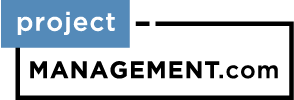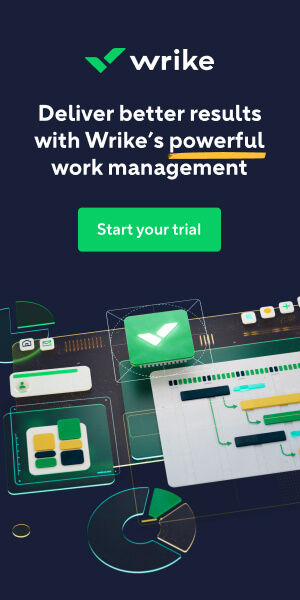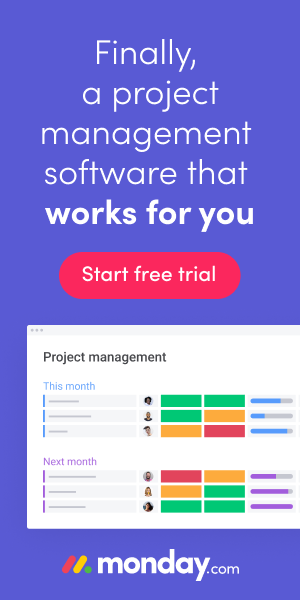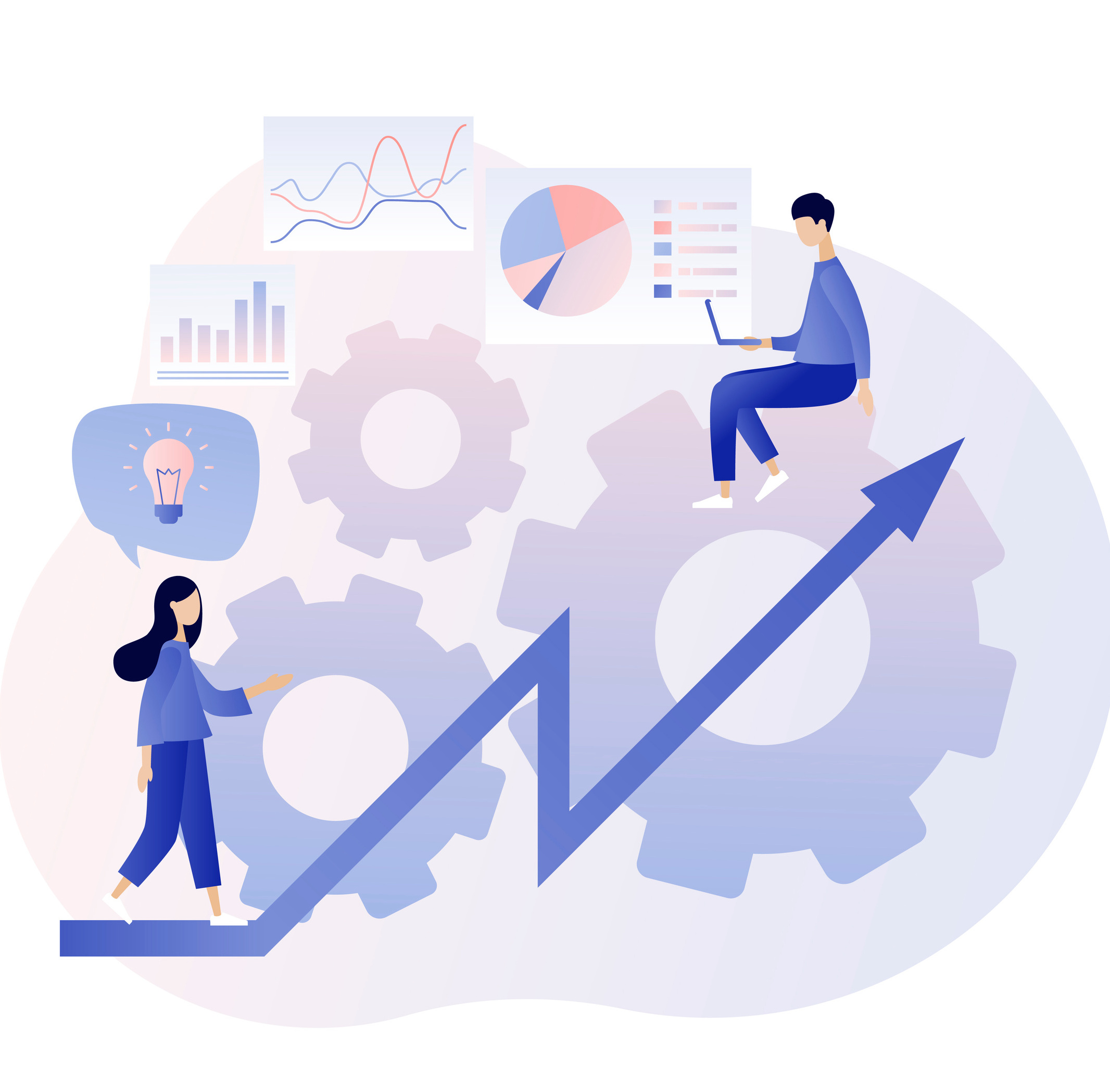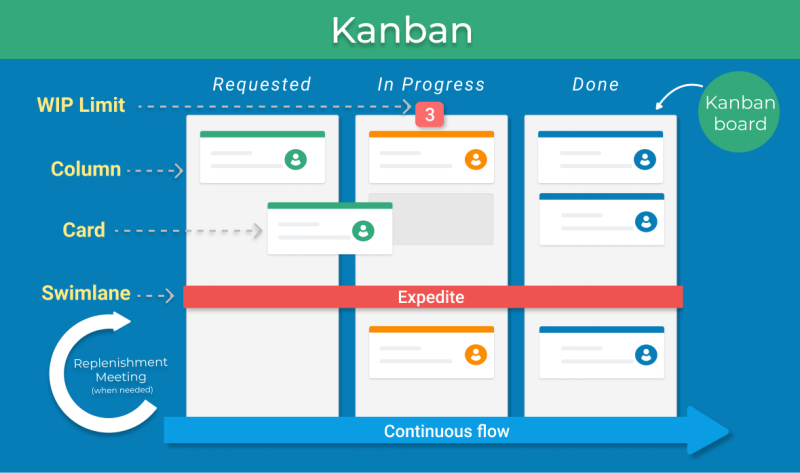Business experts believe that for enterprises to recover from their lower performance in the past months, they need to accelerate the adoption of digital transformation. Enterprises need to maximize technology, consolidate processes, and enhance collaboration. For example, companies that combine customer, user, and employee experiences can address issues quickly, such as fractured communication, information silos, and data access disruption.
A high-level CRM hosted in the cloud that supports this all-encompassing experience can provide enterprise businesses the competitive advantage that increases the performance and value of their system.
Table of Contents
- What Is Enterprise CRM Software?
- Top CRM for Enterprise Business
- Types of CRM Software
- Features of CRM Software for Enterprise
- CRM for Specific Industries
What Is Enterprise CRM Software?
Enterprise customer relationship management (CRM) software serves large-scale business needs across the whole organization. It covers a wide range of customer-related workflows and collects huge amounts of data. That data is valuable to multiple teams for planning, tracking, execution, and measurement of their strategy and initiatives.
CRM software for enterprise is a solution tailored to multiple larger teams in sales, marketing, and customer service. It can support more complex processes than more barebones solutions, offer a greater degree of customization, connect with more systems, and facilitate comprehensive analysis and forecasting.
Top CRM for Enterprise Business
Enterprises can have operations and teams that span regions and continents. They can offer multiple product lines available to a large audience. The best enterprise CRM software provides not only the core features of any CRM, but also robust tools to perform at scale.
Enterprise customers need high-level CRM that is capable of managing mass-marketing campaigns and sales tasks, as well as generating the actionable indicators and reports needed to build successful customer relationships. Here is a list of the top CRM companies providing enterprise software solutions.
HubSpot CRM Suite Enterprise

The sales hub gives teams deeper insights into prospects, automates repetitive tasks, and facilitates the closing of more deals. Other features include lead generation, marketing automation, analytics, meeting scheduling, quotes, service ticketing, customer feedback, an apps marketplace, contact management, website activity, mobile app, live chat, email templates, and website pages.
SAP CRM

This modular system enables teams to deliver personalized experiences to their customers in real time. It can function both as a B2B CRM and B2C CRM, allowing users to know their customers, scale their value network, and reduce risks. Features include providing a holistic view of customers, dynamic data activation, sales force automation, sales intelligence, mobile access, account-based marketing, a built-in e-commerce platform, and seamless service experience across multiple channels.
Microsoft Dynamics 365
Microsoft Dynamics 365 is a portfolio of business applications that give organizations the tools to satisfy customers and deliver operational efficiency. s span across sales, marketing, service, finance, operations, commerce, and HR applications.
Tools include a single workspace and AI to show teams all they need to engage the right customer and maximize productivity. Integration with LinkedIn Sales Navigator and other apps makes it easy to build relationships. Other features include collaboration, mobile apps, real-time reports, content creation, customer journeys, integration, and automation.
Infor CRM

Companies are able to deploy quickly with cloud flexibility while maintaining full control of data access and privileges. Rich profiles and sales tools help teams identify opportunities that maximize interaction and streamline activities. It also includes tools for forecasting, analytics, team and territory management, and mobile apps. The online enterprise CRM can also integrate with ERP and back-office products.
Salesforce Customer 360

Features from across the different apps include contact management, opportunity management, lead management, reports and dashboards, mobile access, pipeline and forecast management, process automation, file sync and share, collaboration, territory management, journey builder, email marketing, SMS marketing, social media marketing, and customer service, among others.
Oracle CX
Oracle CX is an advertising and customer experience solution that offers a connected suite of applications to help enterprise businesses create, manage, serve, and nurture customer relationships. It connects data across advertising, marketing, sales, commerce, and service so users can build a complete view of the customer and all their interactions.
The software includes tools that enable companies to deliver consistent customer experience throughout the lifecycle, from acquisition to retention. Features include curated data assets, contextual technology, cross-channel marketing for B2B and B2C, campaign management, marketing and sales automation, performance management, customer data enrichment and management, content management, mobile apps, field service management, and advice and decision management.
Freshsales
Freshsales is a CRM for sales and marketing teams of all sizes. It has tiered plans, from free editions that are ideal for startups, to enterprise plans with advanced features and higher limits.
Enterprise plans provide high-level CRM tools to create multiple pipelines for different sales processes, product catalogs, AI for deal insights, next best actions, and forecasting, as well as teams and territory management, additional custom modules, auto-profile enrichment, and a dedicated account manager. The software also comes with built-in chat, as well as email, phone, and 24/5 support.
Zendesk Sell
Zendesk Sell is an all-in-one sales CRM software that is scalable for different teams. It has intelligent email tools for tracking, notifications, and automation. The software includes ready-to-use reports for measuring email counts and outcomes, as well as a native mobile sales app for communication and measurement.
It has a native dialer so teams can make calls directly from the CRM, log and record every call, store notes and call scripts, and send SMS messages. Other features include call analytics, integration, sales prospecting, pipeline analytics, account management, tasks and activity tracking, @mentions, team repository, reporting and dashboards, APIs, SSOs, and data and team management.
Zoho CRM Plus
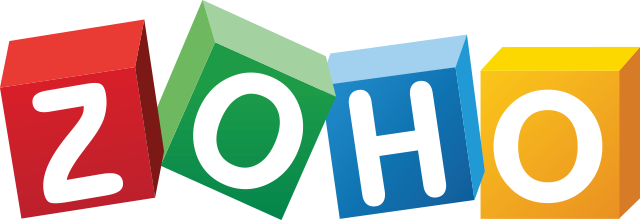
Users have access to sales force automation tools to manage leads, contacts, and accounts. They can also use tools for process management, prediction and AI, branding, ticket management, project management, email marketing, social media marketing, survey creation, and advanced analytics. It is among the best enterprise CRM software for remote teams, helping streamline work while also promoting customer engagement through multiple channels.
NetSuite CRM

The software includes sales force automation to streamline processes, and marketing automation to simplify lead qualification and conversion. It has built-in customer service management with automated case management, partner relationship management for joint campaigns, reporting and analytics with role-based dashboards, and mobile apps.
Types of CRM Software
A CRM system collects and presents customer information and makes it accessible on a shared platform that helps sales, marketing, and customer service teams conduct business more effectively. CRM software falls into three categories, depending on the focus.
Operational CRM
Operational CRM focuses on automation of sales, marketing, and service processes to create efficiencies. It streamlines business processes using features such as contact management, pipeline tracking, and marketing automation at different stages of the buying cycle.
Analytical CRM
Analytical CRM focuses on identifying patterns in customer behavior through data analysis. By mining and analyzing data, it provides teams the ability to customize campaigns, build personas, improve outreach, create accurate forecasts, and enhance interactions with the customer.
Collaborative CRM
Collaborative CRM focuses on organizing customer data and making it accessible on a shared platform for all stakeholders. It unifies teams — especially those with customer-facing roles — by giving access to the latest customer information from all touchpoints. Teams can quickly inform customers of new products or services, identify their needs, and develop the right objectives.
Features of CRM Software for Enterprise
The best enterprise CRM software has features that support a company’s sales, marketing, and customer service teams. It should gather client data as it becomes available, organize it into an accessible platform, and provide valuable insights across the whole organization.
Contact Management
Contact management features allow users to store, organize, and track the contact information of leads, prospects, and customers. It is like an enhanced address book that lets teams organize and segment contacts, gathering crucial data that’s useful for different teams.
This feature is among the most used in an enterprise CRM, containing names, addresses, email, and social media accounts, as well as tracking activities.
Customer Opportunity Management
Enterprise CRM software helps teams identify and track opportunities for potential sales using customer opportunity management features.
Using a quantifying process, it brings all the information together across the pipeline, identifying the customers most likely to make a sale, so teams can give the right effort as they interact with the people making the purchasing decision.
Lead Management
Lead management is a CRM software feature that enables users to capture and convert leads into loyal customers that generate revenue. It automatically populates the lead’s profile with updated information and tracks their activities.
Leads are then qualified using a scoring model, ranking them based on different categories. Other important steps include assigning the lead to the right sales rep and nurturing the lead with information and demonstrations of the value of the company’s products or services.
Reports and Dashboards
Information from reports and dashboards in a CRM enable enterprises to visualize and understand their customers’ most pressing needs, behaviors, goals, and preferences.
These tools can provide statistics and insight to teams, removing the guess work to gain a real advantage. Intelligent reporting and analytics can pinpoint key metrics and provide detailed information on campaigns and teams, allowing all stakeholders to share common and updated knowledge of the customer and next steps.
Customization
Customization allows users to add or alter existing views, pages, or functionality in the CRM for a better fit to their particular business, engagement, or customer. For instance, the software’s home screen is among the CRM components that users customize, so it can present the most valuable information in the most efficient way.
Other customizations are through the use of custom fields, automation tools, and integration with other applications.
Automation
An enterprise CRM with automation features significantly enhances productivity and streamlines workflows. Automation features can span marketing, sales, and customer service processes and activities. It simplifies information organization and task completion automatically managing common and repetitive tasks.
Automation can also improve quality and performance by providing reminders and alerts to trigger important actions.
Mobile Access
Mobile access to CRM software is essential for teams working in the field, or meeting customers at sites outside company premises. Teams have access to the latest product information and customer data, as well as notifications to take advantage of opportunities.
Having a mobile version of the CRM can also help teams give a good impression to their customers by being knowledgeable and prepared.
Sales Forecasting
CRM can provide teams forecasting information so they can accurately predict future sales growth based on the potential deals in their pipeline. It helps sales teams to see if they are on target or fine-tune their campaigns and activities. The software can make use of historical and current data to help users make better decisions.
CRM for Specific Industries
The best enterprise CRM software fulfills business requirements with features ideal for the top industries.
Manufacturing
Large manufacturing companies need to anticipate change and minimize disruption to reduce their products’ time to market. Manufacturing CRM features can help improve businesses’ performance and operations.
- Automation: Enterprise CRM can streamline sales processes so manufacturing companies can track and manage new leads more closely — and convert them more quickly. They can also personalize engagements more efficiently via templates and notifications.
- Opportunity Management: As the needs of the customers change, CRM software can help manufacturers identify new opportunities as they come along.
- Reports and Dashboards: Manufacturing companies can easily track relationship needs and monitor relationship health with their customers, as provided by real-time reports and insights.
Financial Services
Large financial services firms, such as accounting, advisory, and insurance companies, are constantly adjusting their operating and client engagement strategies. Enterprise CRM software helps them be more prepared for change and focused on putting the customer first.
- Lead Management: Financial consultants and relationship managers are able to focus more on prospects that are most likely to convert using intelligent lead management and scoring.
- Reports and Dashboards: Financial enterprises can acquire more customers quickly by gaining insights from reports, allowing them to personalize marketing campaigns.
- Contact Management: CRM software enables financial services companies to bring together a comprehensive view of the customer, including financial, demographic, and behavioral data.
Retail
Retail enterprises are relying more on enterprise CRM software to help them give shoppers the products, services, and experiences that are more aligned to the customers’ values.
- Reports and Dashboard: CRM solutions for online enterprises provide reports that help retailers design loyalty and retention programs, as well as setting up intuitive customer service.
- Contact Management: CRM software gives retail companies a unified view of customer data coming from multiple data sources. It provides real-time information and insight while also respecting data privacy.
- Customization: Retail enterprises customize their views in the CRM to improve categorization, assortment planning, and catalog support. They also integrate technologies to build solutions that make the enterprise more intelligent.
Read next: Best Enterprise Resource Planning (ERP) Software for 2021
